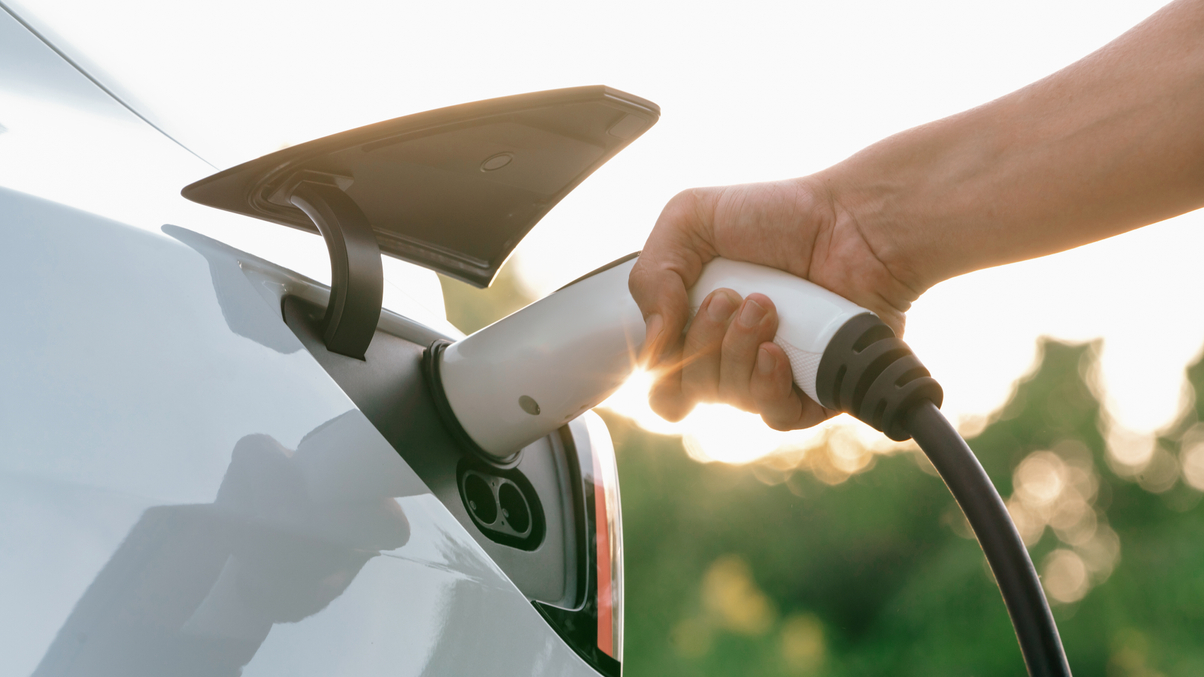QBE Asia warns of global EV battery supply chain risks
Geopolitical risks in the lithium-ion battery sector are rising alongside surging EV demand, warns insurer QBE in a new report. China's dominance in the market has prompted the US and EU to impose steep tariffs on Chinese EVs.

Despite the large growth potential of the electric vehicles (EV) market, QBE, an insurer, warns of associated geopolitical risks surrounding lithium-ion batteries, which powers EVs, in its report titled “Lithium-Ion batteries: increased adoption, overlooked risks”.
Sign in to read on!
Registered users get 2 free articles in 30 days.
Subscribers have full unlimited access to AsianInvestor
Not signed up? New users get 2 free articles per month, plus a 7-day unlimited free trial.
¬ Haymarket Media Limited. All rights reserved.


